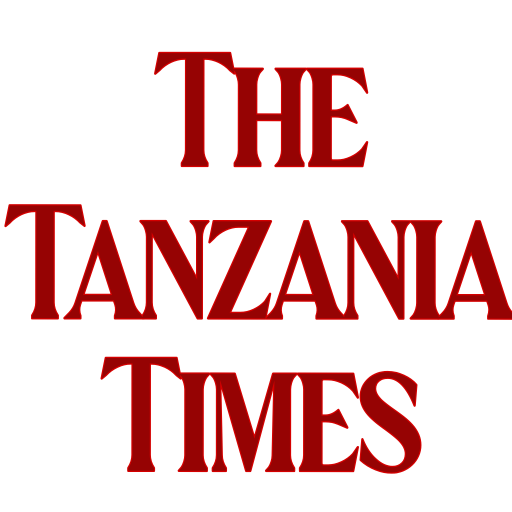The project has also tracked the sale of cassava planting materials and reported that the sale of Demand for Cassava seems to be on increase with the tubers recording sales reaching 117.1 Million/- within the first half of 2023.
That is nearly twice the figure of sales recorded in 2021 when cassava sales for the entire year billed in around 68 million/- possibly due to pandemic effects.
A new project is therefore taking off to enable cassava growers in semi-arid and drought areas recover from negative effects of the Corona Pandemic which thrashed the globe for nearly three consecutive years.
The International Institute of Tropical Agriculture (IITA) working with the Tanzania Agricultural Research Institute (TARI) in association with Alliance of Diversity International and the International Center for Tropical Agriculture (CIAT) are in-charge of the new agricultural rescue plan.
The institutions are hatching ways of assisting local farmers to recover from economic loss from the effects of Covid- 19 pandemic as well as climate change.
The Ministry of Finance of the People’s Republic of China through International Fund for Agricultural Development (IFAD)- South-South and Triangular Cooperation Facility, bankrolls the two-year long initiative.
At least 6,500 smallholder cassava farmers in the three regions of Geita, Mwanza and Morogoro have benefitted.
The ‘Supporting and Strengthening Community Resilience in Tanzania,’ project works to strengthen smallholder cassava growing community resilience, markets, and trade development among the targeted farmers.
Innocent Ndyetabula, a cassava crop scientist from TARI Ukiriguru in Mwanza region says they have trained 120 extension officers in the introduction of at least six high-yielding, drought resistance and market-suitable varieties of cassava roots in over 123 villages.
“The project has adopted the use of a new training package on Climate-Smart Agriculture (CSA),” he added.

The project has set up a network of cassava producers linked via aggregators to the Kipipa Millers for production of high-quality cassava flour, being part to attain additional value for the cassava.
The project was freely rolling out cassava chipping and processing machines to their beneficiaries.
“The Lake Zone region has become the major trading hub for dried cassava chips with at least 66 higher level animators trained on improved post-harvest management and marketing linkages,” the official maintained.
Cassava chips from the smallholder farmers are being exported to neighbouring counties of DRC Congo, Rwanda, Burundi, South Sudan and Uganda,” he added.
The project’s coordinator, Lembris Laizer said to ensure the farmers produce digitally, they have adopted Kobo Toolbox Application to track and document project beneficiaries in 15 districts adopting good agronomic practices and marketing information.
They employ Cassava Seed Trackers, Plant Village Nuru and A -Kilimo, applications easily accessed in the Google Play store or App store.
The Seed Tracker is managed by the Tanzania Official Seeds Certification Institute (TOSCI) for real-time tracking of cassava production, including pre-planting, registration of seed fields, crop management, harvesting, quality assessment and quality.


